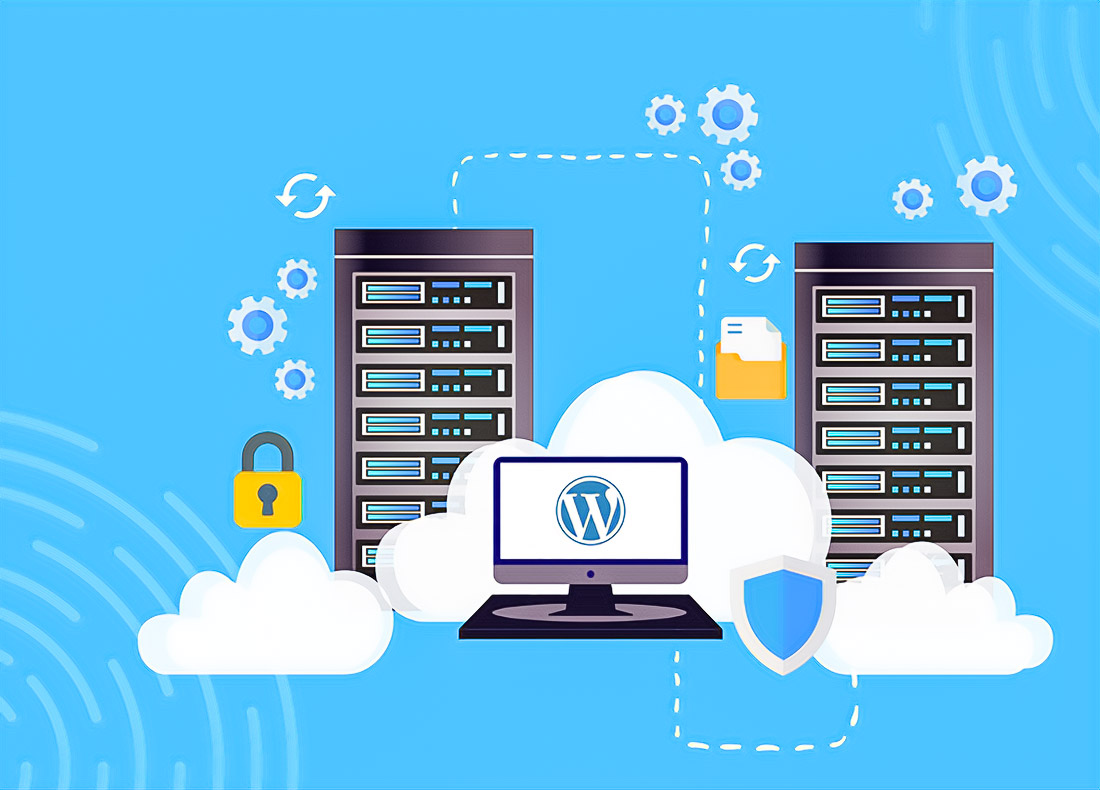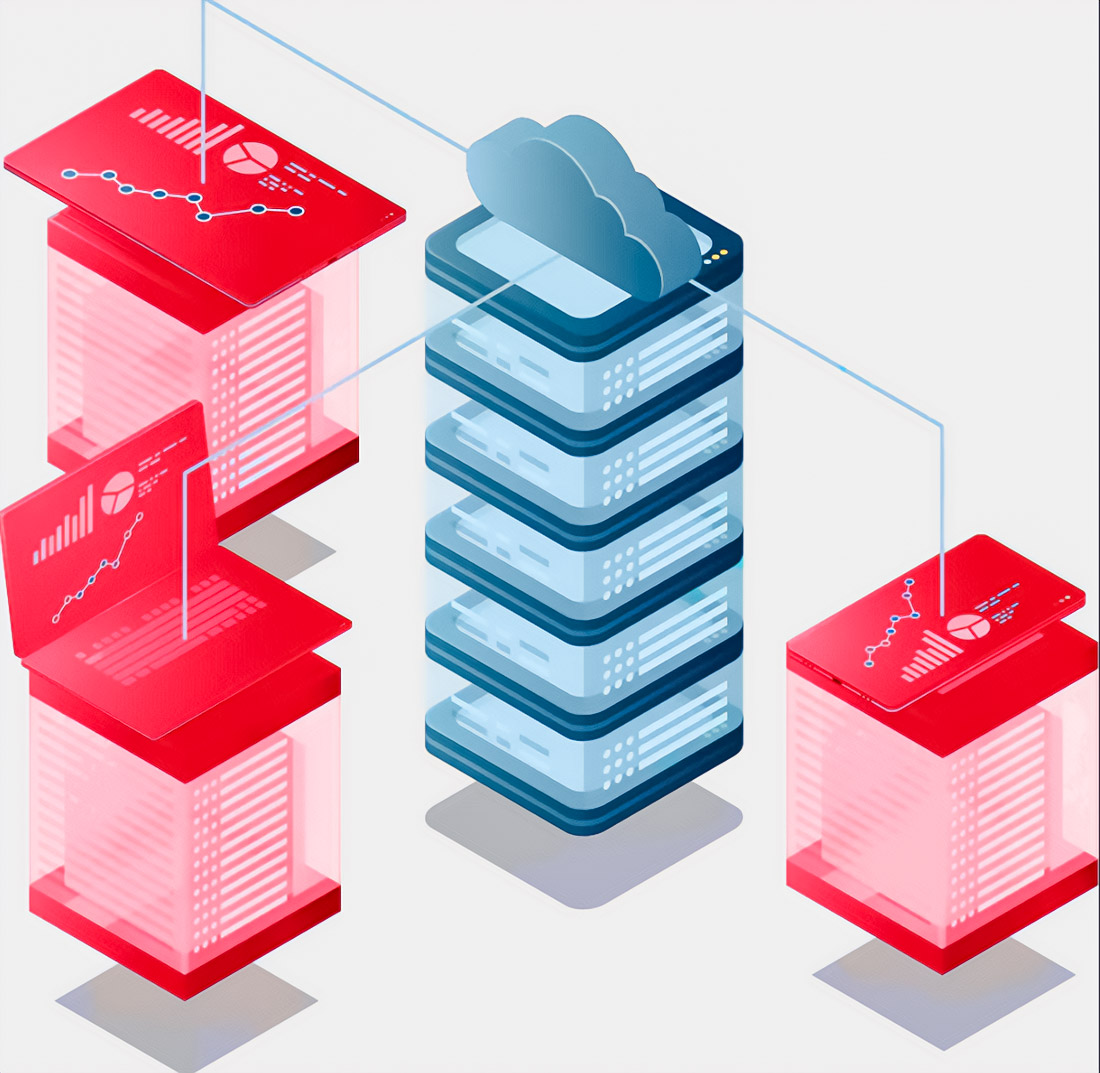Every website owner is faced with the need to provide contact information when registering a domain name. This information, including name, address, phone number, and email address, becomes available in the WHOIS public database by default. In the context of the active spread of Internet threats, domain privacy is becoming not a luxury, but a mandatory measure of protection. This is especially true for those who use a qa domain, where local regulations may apply.
What is WHOIS Protection and Why is it Needed?

When a company or individual registers a domain, their contact information is entered into a publicly accessible registry. This information can be used by third parties not only for communication, but also for spam, phishing, domain hijacking, or social engineering purposes.
By substituting proxy service data for the owner’s actual contact information, you can conceal it using the “Privacy Protection” or “private registration” feature. This reduces the possibility of entering spam databases and guards against attempts to transfer the domain to another registrar without authorization. Companies that choose to register a domain name ought to think about this option right away, particularly if they intend to purchase a QA domain for long-term usage.
The Main Risks in the Absence of Privacy Protection

- Email spam and telemarketing: An open email address often ends up in mailing databases, especially if no email hosting service is in place to filter threats.
- Phishing and fraud: Attackers can use WHOIS data to create fake emails on behalf of the registrar or the company.
- Threats to business: a competitor may study the domain ownership structure, contact the owner, and use contact information for unfair purposes.
- Social engineering: The presence of open data can facilitate attempts to intercept a domain or substitute an administrator. This is a concern particularly with domain registration, where regulatory compliance must be maintained.
Why it’s Important to Understand Who Your Registrar Is

Some website owners mistakenly believe that they are registering a domain with a hosting company. In fact, the hosting provider only acts as an intermediary, and the real registrar is an accredited organization listed in the relevant domain registry. They are responsible for the technical maintenance, updating and protection of the domain record, including the option to hide WHOIS data.
Make sure that you know who your registrar is, and that you have access to the administrative panel where you can control your privacy settings, DNS, and domain registration and hosting.
Regional Features and Restrictions

Some domain zones, including national ones (for example, .qa), may have their own requirements. Private registration may not be available in certain areas due to the regulations of the local regulator. However, even in such cases, it is possible to minimize the risks – for example, by specifying a corporate business email and a contact of the legal department instead of personal data.
You should also distinguish between an administrative, technical, and payment contact in the domain settings. Delineating roles helps to avoid losing control of the domain in the event of a data leak or personnel change. This is good practice, especially if you’re using domain name hosting services for a large-scale website.
Advantages of Private Registration

- Spam reduction: closing an email address from public access. This is especially useful if your business uses email hosting Qatar and wants to preserve the integrity of internal communications.
- Information control: protection of the phone number and physical address.
- Attack resistance: protection against automated scanners using WHOIS database.
- Customer confidence: The transparency and security of an online resource increases user confidence. Websites hosted under qa web hosting with privacy enabled often appear more secure and professional.
How to Enable Privacy Protection
If your domain supports private registration, you can activate it through the registrar’s control panel. This is usually done in one click and does not require additional documents. It is important to ensure that the service is extended along with the domain. When it is disabled, the data becomes publicly available again.
If you work through an agency or a technical contractor, make sure that the domain registration is issued to you, and not to a third party. Otherwise, in the event of a conflict or a change of contractor, you may lose access to an important domain website or website hosting account.
Domain registration is not just a formality. This is the first step in building a secure and sustainable online presence. Neglecting WHOIS settings can lead to real losses, from spam to business data leaks. Use privacy protection to control who can access information about your domain and how. This is especially important for businesses in Qatar, where Qatar domain names are subject to their own regulatory requirements, and where online credibility increasingly begins with a secure name and reputable domain hosting solution.

Baseball fan, risk-taker, record lover, hand letterer and communicator, collector, connector, creator. Doing at the crossroads of design and mathematics to craft an inspiring, compelling and authentic brand narrative. I work with Fortune 500 companies and startups.
